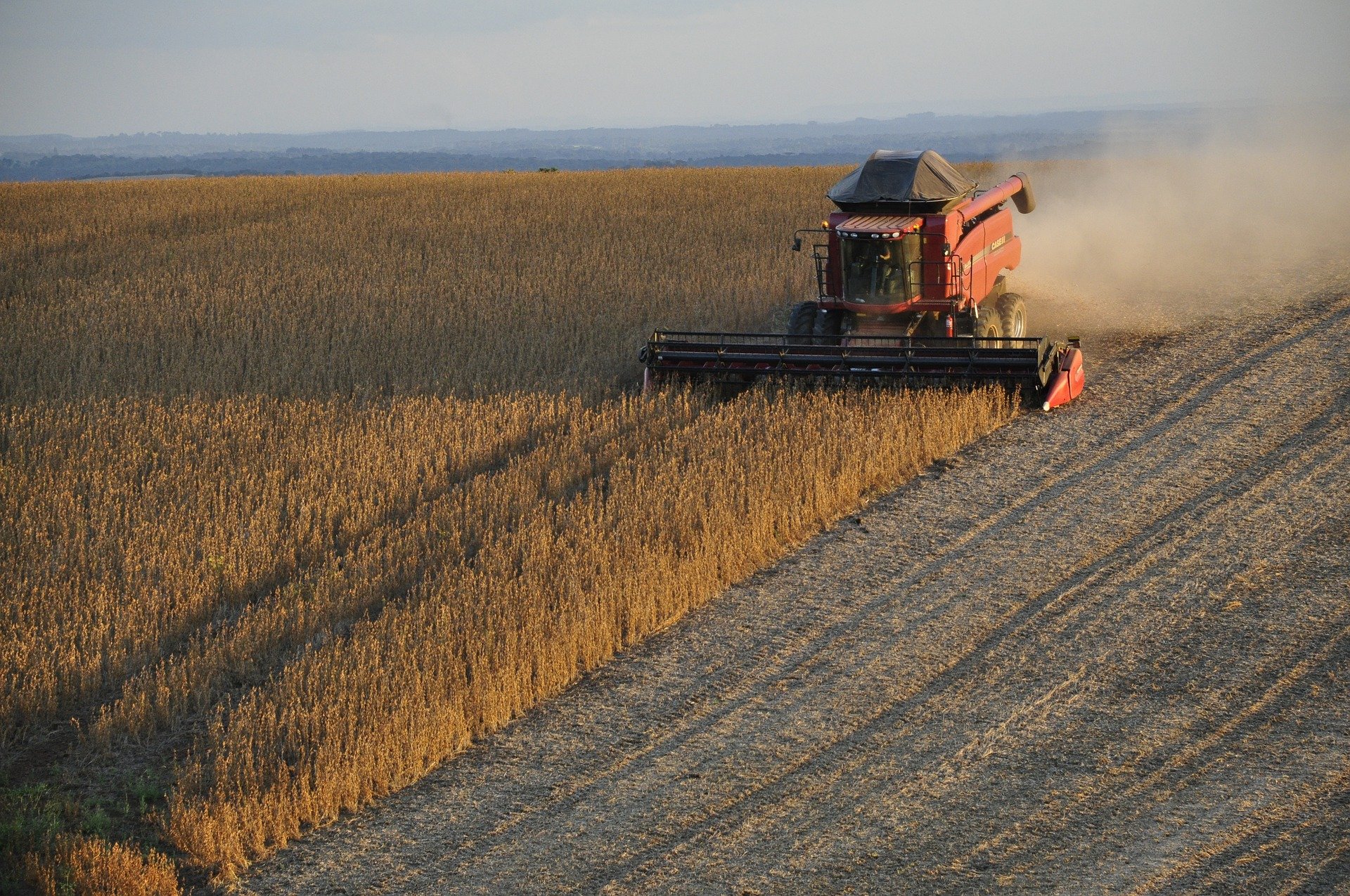
Farming regulations are very protective of tenants. So terminating a lease to farm land that you own yourself is not a simple process. On the contrary, it is a complex operation that requires compliance with very strict formalities.
terminating a lease to farm land that you own yourself is not a simple process. On the contrary, it is a complex operation that requires compliance with very strict formalities.
We have devoted an article to a similar subject, but which concerns the takeover of agricultural land by its owner for sale or for personal use (as a leisure area, for example).
First of all, it is worth recalling some of the principles of rural leasehold status.
A rural lease is a rental contract for a minimum of 9 years. This applies whether the lease is written or verbal. At the end of the initial term of the lease, it does not come to an end, as the tenant farmer has an automatic right to renew his lease. This does not prevent the owner from selling his property, but it does reduce the number of potential buyers. We have discussed this right to renew a rural lease and the sale of leased land in another article on our blog.
So a rural lease with an initial term of 9 years is tacitly renewed for 9 years at a time.
Similarly, the farmer can transfer the lease to his descendants. The procedure for transferring the lease must comply with strict rules, but unless the lessee is at fault, it will be very difficult for the lessor to oppose the transfer.
A rural lease taken out for an initial period of 9 years can continue almost indefinitely if the lessee transfers the lease (with the lessor's agreement) to a descendant.
If you have leased your plot through the SAFER, this article does not apply to you. This is because the agreements made available by the SAFER do not come under the heading of tenancy and do not include an automatic right of renewal. It should also be noted that the SAFER's right of pre-emption does not apply to takeover transactions, as this right only applies to sales transactions.
This is a contract that allows you to avoid the status of tenant and therefore allows you to reclaim rented agricultural land whenever you wish. The only condition is that it must be free of charge.
You are then free to choose the duration you wish and the terms of termination.
Read our article on other types of lease to find out about all the subtleties.
However, the law (articles L 411-58 et seq. of the French Rural Code) does allow the lessor (the owner) to take over the buildings covered by a rural lease in order to use them himself. This procedure is strictly regulated by law, and we have provided a detailed overview.
The lease can only be repossessed at the end of the normal term of the lease. It is therefore a means of opposing the normal renewal of the lease. This is a different procedure from terminating a lease, which can be carried out during the term of the contract, particularly in the case of changes to the use of plots of land or where the tenant is at fault.
First of all, notice of termination must be served by bailiff no later than 18 months before the end of the lease (or its renewal). If you send the notice by recorded delivery, the procedure could easily be annulled.
Next, the notice must comply with very strict formalities, reproducing the terms of the Rural Code. It must specify the surname and first name of the transferee, his or her age, place of residence and occupation. If the property is to be farmed by a company on a leasehold basis, the notice must also mention this, ...
The land may be taken over by the owner (who may be an individual or a company), by his or her spouse or civil union partner, or by one of his or her descendants.
No other person may be the beneficiary of the takeover, regardless of their family relationship.
As with any termination of an agricultural tenancy, you may be required to pay compensation for improvements made by your tenant to the leased property. With the lessor's permission, the farmer can construct a building on the leased land. In the absence of the lessor's agreement, he may lose this right to compensation. The amount of the compensation will be calculated on the cost price of the buildings or improvements made.
The transferee must have the professional capacity to farm the land.
There are 2 options for obtaining this "professional capacity" (article R331-2 of the Rural Code):
It should be noted that this notion of agricultural competence is also necessary to benefit from the Structures Control declaration system.
In fact, this takeover is subject to a simple prior declaration under the Control of Structures scheme, provided that several conditions are met:
If you buy plots of land that are leased during the term of the lease and wish to reclaim the land at the end of the 9-year period, you will need to obtain authorisation. If you have held the land for less than 9 years, you will not be able to benefit from the Declaration system.
The surface area threshold is defined by each region, with equivalence depending on the type of production.
Here are the thresholds in force in January 2022:
|
Région (hors DOM) |
Seuil de surface SREA |
|
Auvergne Rhône Alpes |
64 ha |
|
Bourgogne Franche Comté |
3 zones : 75 ha – 110 ha – 140 ha |
|
Bretagne |
20 ha |
|
Centre Val de Loire |
114 ha |
|
Corse |
60 ha |
|
Grand-Est |
86 ha |
|
Hauts de France |
60 ha |
|
Normandie |
70 ha |
|
Nouvelle Aquitaine |
77 ha |
|
Occitanie |
67 ha |
|
Provence Alpes Côte d’Azur |
85 ha |
|
Ile de France |
137 ha |
If the transferee does not meet all these conditions, he will have to submit an application and obtain an Administrative Authorisation. If the property is to be operated by a company, it will have to apply for and obtain the right to operate.
This Declaration, or application for Authorisation where applicable, must be made on an administrative form (downloadable from the DDTM website for your département) and must be completed before the date of the takeover.
The beneficiary, who deprives the farmer of part of the land he used to farm, undertakes to farm the property for at least 9 years, either personally or within a company. This commitment cannot be limited to simply managing the farming business, as the farmer will have to participate in the work on an effective and permanent basis and own the livestock and equipment needed to run the business.
In addition, he or she must occupy the residential buildings of the property taken over or a dwelling located in the direct vicinity of the farm.
Please note that failure to comply with this undertaking may result in the takeover being cancelled.
Possible opposition of the lesseeThe incumbent farmer can object to the termination if he is within 5 years of the age to receive a full pension. In this situation, the lease will be extended for the necessary period and the farmer loses the possibility of transferring his lease to his descendants. |
 |
The farmer may, of course, challenge the validity of the notice, either on formal grounds or because of conditions relating to the lessee. They can also take their case to the Tribunal Paritaire des Baux Ruraux for failure to comply with the 9-year operating conditions.
There are 3 other grounds on which the lessor may give notice to the lessee:
The status of rural leases is complex. Just like the procedure for taking over a leased property, it requires the assistance of a rural law professional to avoid any risk of nullity. If the formalities are not respected, the owner may never regain free disposal of the property.